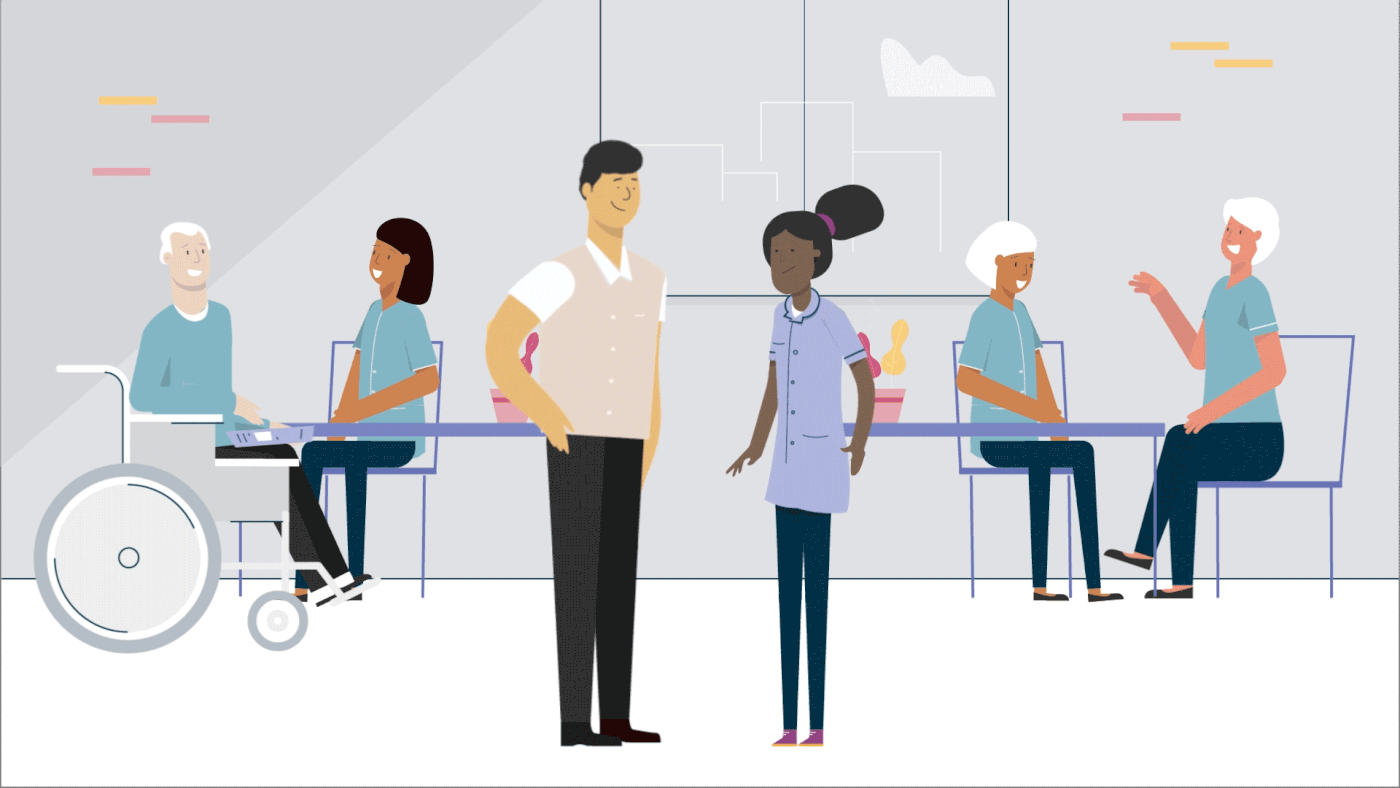
Professionalism

Who Gets the Job?
Professionalism: Comparing Two Interviewees' Behavior
Interviews are the gateway to job opportunities. They not
only test a candidate's competency for a particular role but also gauge the
professionalism of the interviewee. Let's analyze the behavior of two
candidates, Alex and Jamie, who are both interviewing for a job to understand
the impact of professional conduct.
 |
Objective 1: Dress Code and First Impressions
Alex: Wore a neatly ironed suit, polished shoes, and carried a briefcase. He
looked the part for a corporate job, reflecting a respect for the interview
process.
Jamie: Opted for casual wear - a T-shirt, jeans, and sneakers. This attire might be acceptable in some informal settings but not ideal for a formal corporate interview.
Objective 2: Punctuality and Preparedness
Alex: Arrived 15 minutes before the interview, allowing him to relax and
review his prepared notes.
Jamie: Walked in 10 minutes late, offering no explanation or apology for the
delay.
 |
Objective 3: Interactions and Communication Skills
Alex: Greeted everyone with a firm handshake, made good eye contact, and
articulated his points clearly. He listened actively and waited for his turn to
speak.
Jamie: Rarely made eye contact, often interrupted the interviewer, and needed
to explain his previous job roles clearly. His answers were often tangential.
Objective 4: Knowledge about the Role and Company
Alex: Demonstrated that he had researched the company and the job role. He
asked pertinent questions about the team he would join and the company's plans.
Jamie: Seemed unaware of some of the company's primary functions and did not
have any questions at the end of the interview.
Objective 5: Body Language and Non-verbal Cues
Alex: Displayed open body language, leaning slightly forward to show
engagement. He nodded occasionally, signaling understanding.
Jamie: Slouched in his chair, frequently checked his watch, and appeared disengaged from the conversation.
 |
Objective 6: Post-Interview Etiquette
Alex: Sent a thank-you email after the interview, expressing gratitude for the
opportunity to interview and reaffirming his interest in the role.
Jamie: Did not send any follow-up or thank-you note.
 |
Conclusion
Professionalism is evident not just in one's qualifications
but also in behavior, appearance, and communication. In the above scenarios,
Alex displayed more professionalism than Jamie. While both might have the
required skills for the job, Alex's professional conduct likely left a more
favorable impression, enhancing his chances of securing the position. The
comparison underscores the importance of holistic professionalism in setting
oneself apart in the competitive job market.
1) You receive an email at work from a colleague criticizing your recent presentation. How do you respond? 2) Your coworker is frequently late for meetings. What should you do? 3) You disagree with a decision made by your manager. How should you handle it? 4) A colleague confides in you about a personal issue. How do you respond? 5) You realize you've made a mistake in a report that's already been distributed. What's your next step?
Professionalism Scenarios